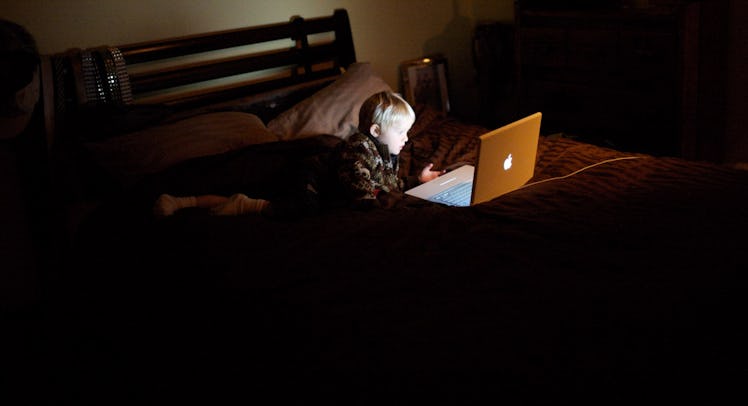England Children’s Commissioner Suggests Banning Social Media in Schools
Concerns of not just safety, but the emotional health of young users are at the center of the new concern.

According to the UK’s Office of the Children’s Commissioner, schools should be doing more to guard their youngest users against the “significant emotional risk” of using social media platforms such as Snapchat and Instagram. Per Anne Longfield, the Children’s Commissioner for England, this means parents and schools should actively enforce a ban on the platforms.
Though Children’s Commissioner is a non-governmental position, Longfield is tasked with promoting the views and interests of England’s children and relaying her messages and findings to government officials capable of crafting legislation. Longfield and her organization conducted a study that found that children are increasingly nervous about and concerned with their online reputations and what it calls “keeping up with appearances” According to Longfield, the issue stems from the fact that children’s fixation with their online personas is exacerbated once they begin to follow celebrities. Constant exposure to people with “unrealistic lifestyles,” she feels, will begin to undermine children’s self-worth.
Longfield puts particular emphasis on the effect that the various social media platforms will have on children who are turning 11-12 and entering secondary school. She says that unless parents, schools, and social media companies are careful, an entire generation may grow up “chasing likes to make them feel happy.” Her outcries against social media are aimed particularly at Snapchat, which according to her study is one of the four most popular platforms with UK children alongside Instagram, Whats.app, and Music.ly.
According to the Longfield, the greatest danger of Snapchat is the way it coaxes youth into constantly using it. She noted the app’s popular “streak” feature in her critique, which praises Snapchat users when they message their friends for more than three days consecutively. An emoji will appear next to a name has been “streaked” and the user has 24 hours to message that person before the streak expires and the emoji will disappear. Though a “streak” could be achieved by only messaging a person one or two times a day, Longfield said in a radio interview with LBC that, “There’s a lot to be explained there.”
Social media companies may have a harder time explaining this and similar features, given how the same study also notes that, while the majority of platforms have age restrictions barring users under 13, most don’t take steps to actually enforce the mandate. As it stands right now, three-quarters of children between 10 and 12 currently have a social media account. Longfield also want’s it to be known that many UK schools have already taken action against the potentially excessive use of social media platforms like Snapchat and Twitter by not allowing the services to be accessed on their networks at all. While most schools are teaching kids how to navigate the new digital landscape, Longfield is still skeptical saying, “Just because a child has learned the safety messages at primary school does not mean they are prepared for all the challenges that social media will present.”
For its part, Snapchat has agreed to meet with Longfield in hopes of fielding her concerns and working together to better protect children using their service.
This article was originally published on